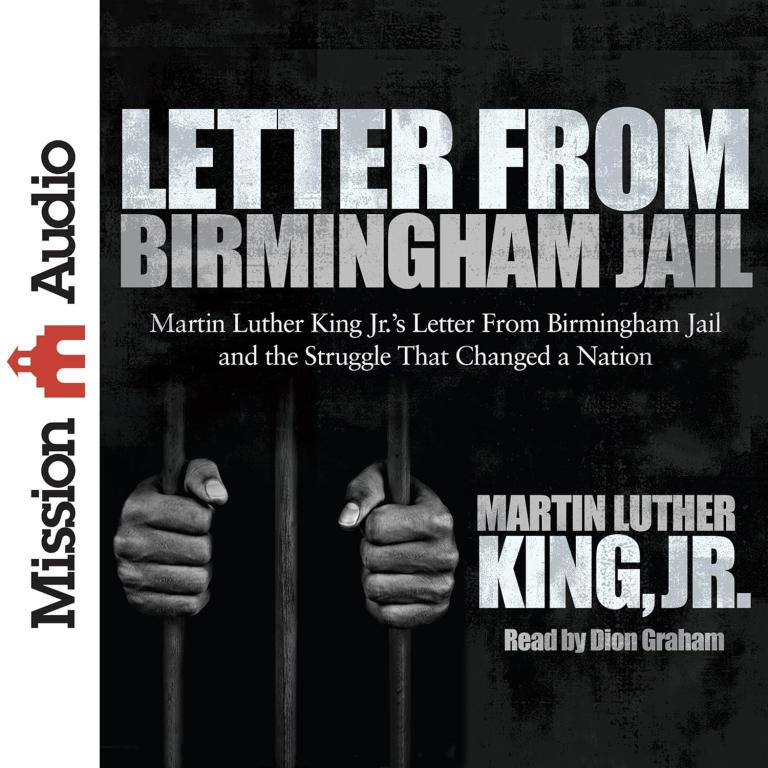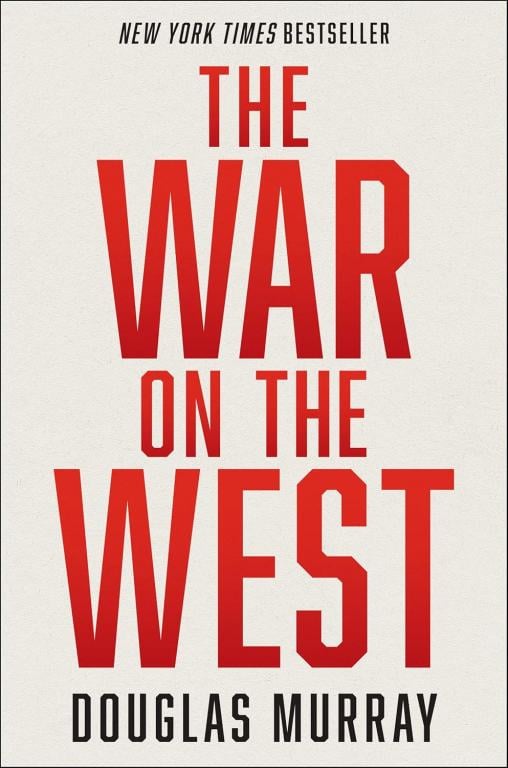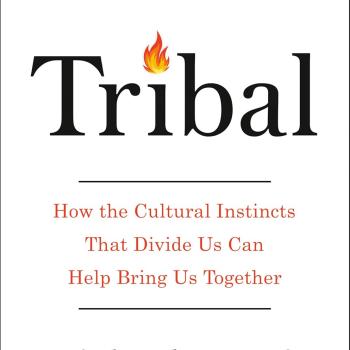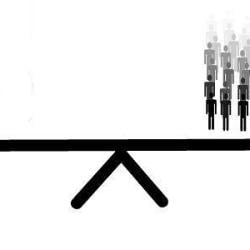In The War on the West, Douglas Murray takes aim at a troubling trend in our cultural moment: the tendency to reduce Western civilization to a collection of its worst sins. Murray doesn’t deny that the West has failures to reckon with—slavery, colonialism, and racism among them.
But he points out that the narrative has become so lopsided that it often ignores the extraordinary contributions of the West, such as its defense of human dignity, the pursuit of justice, and the freedoms it has fostered. When the Western story is reduced to nothing more than a history of exploitation, we tear at the very foundations that uphold the good in society.
This same dynamic is playing out with the Western church.
The church has become an easy target, criticized as little more than a hypocritical institution that has perpetuated oppression and harm. While the church must confront the very real sins in its history, the constant criticism often overlooks the extraordinary good it has accomplished. The result is that many today view the Western church, like the West itself, as something inherently corrupt and unworthy of preservation.
This post explores the parallels between the cultural critique of the West and the growing disdain for the Western church. Just as Murray calls for a more balanced view of Western civilization, the church must reclaim its story— not to deny its failings but to remind the world of its transformative contributions.
The Western Church as Embodiment of Hypocrisy
One of Murray’s key arguments is that it has become fashionable to treat the West as a stand-in for all that is wrong with the world. Similarly, it has become common to view the church as the epitome of hypocrisy.
When people think of the Western church, they often point to its involvement in colonialism, its complicity in slavery, and its historic exclusion of marginalized groups. These critiques are not baseless; the church has real failures to account for. But the problem comes when these critiques are all people see.
When the church is reduced to its darkest moments, the broader story is lost. This is the same critique Murray offers of Western civilization: a fixation on its sins blinds us to its extraordinary achievements.
The church’s history includes much more than complicity in evil. It includes people like William Wilberforce, whose Christian convictions drove the abolition of slavery in the British Empire. It includes the creation of schools, hospitals, and charitable organizations that still serve society today. These contributions, motivated by the Gospel, have shaped the very fabric of the West. Yet, when critics speak of the church, this part of the story is often left untold.
The Danger of Selective Memory
Murray points out that critics of the West often operate with selective memory. They focus on the sins of the West while ignoring its virtues. The same thing happens with the church. Critics highlight moments of failure but overlook its role as a force for good.
 Take the civil rights movement, for example. Many of its leaders, including Martin Luther King Jr., were motivated by their Christian faith. King’s “Letter from a Birmingham Jail” is drenched in biblical imagery, appealing to the church’s higher calling to stand for justice. But today, the church is rarely credited for this role. Instead, it’s painted with a broad brush as a perpetrator of the very injustices King sought to overcome.
Take the civil rights movement, for example. Many of its leaders, including Martin Luther King Jr., were motivated by their Christian faith. King’s “Letter from a Birmingham Jail” is drenched in biblical imagery, appealing to the church’s higher calling to stand for justice. But today, the church is rarely credited for this role. Instead, it’s painted with a broad brush as a perpetrator of the very injustices King sought to overcome.
This selective memory is not just unfair; it’s dangerous. If the church is remembered only for its failures, it risks losing its moral authority. Worse, it risks discouraging the next generation from engaging with its mission. A church that is ashamed of its past is a church that will struggle to inspire hope for the future.
Internalized Criticism and the Crisis of Confidence
Murray notes that the West has internalized much of the criticism directed at it, leading to a loss of confidence in its own values. The Western church has done the same. Many Western Christians are quick to apologize for the sins of the church—and understandably so. Yet, when this repentance turns into a posture of perpetual guilt, it can paralyze the church.
Internalized criticism leads many churches to dilute their message in an attempt to stay relevant. Afraid of appearing judgmental, they shy away from moral clarity. In their eagerness to align with the culture, they risk losing their distinctiveness. The result is a church that looks less like a prophetic voice and more like an echo of secular society.
This is not to say that the church shouldn’t repent of its sins. Still, repentance must be paired with a recognition of the church’s calling. The church isn’t just a human institution; it’s the body of Christ, entrusted with the transformative power of the gospel. When the church forgets this, it loses its ability to speak truth to a broken world.
Reclaiming the Church’s Story
Murray argues that the West must reclaim its story if it is to survive. The church faces a similar challenge. It must remember that its history, while marked by failures, is also full of redemption. The church is and has been a force for good in the world—not because of its perfection, but because of God’s grace working through imperfect people.
This doesn’t mean ignoring the church’s sins or glossing over its failures. However, it does mean telling the whole story. The same church that supported colonialism also inspired the abolition of slavery. The same church that excluded women from leadership also created countless schools and hospitals where women found opportunities to lead and serve. The same church that was complicit in racism also birthed the civil rights movement.
This isn’t triumphalism; it’s honesty. The church’s story is one of sin and grace, failure and redemption. To forget either side of that story is to distort the truth.
Conclusion
Douglas Murray’s The War on the West warns against the dangers of reducing Western civilization to its failures. The same warning applies to the Western church.
When we critique the church without appreciating its contributions, we can lose sight of its unique role in the world. The church is not perfect. It never has been. But it is also not the caricature of oppression and hypocrisy that its critics often make it out to be.
The Western church has a choice to make. It can retreat into defensiveness, or it can reclaim its story with humility and confidence. It can allow itself to be defined by its worst moments, or it can remember the transformative power of the gospel that has worked through it for centuries.
The world needs the church—not a perfect church, but a faithful one. And to be faithful, the church must rediscover its identity, its mission, and its hope in Christ.

















